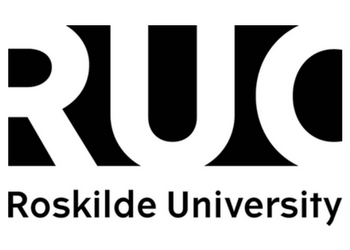
Photo by Nadia Mansour, 2020
Making it Home: An Aesthetic Methodological Contribution to the Study of Migrant Home-Making and Politics of Integration -MaHoMe
Concepts of home and home-making are central, materially and metaphorically to the politics and policies of migration and integration. Yet, dominant integration discourses largely view home as a singular space, located in one place and time, implicitly framing migrants' fluid and multifaceted experience and creation of home as incomprehensible, deviant and potentially disturbing.
The MaHoMe project directly addresses migration and integration challenges by examining how migrants make and make sense of home amidst the complex and divergent politics of integration in three host societies: UK, Denmark and Sweden.
Our multi-disciplinary approach, using multi-sited ethnographic methods, combines critical discourse analysis, visual ethnography, and participatory aesthetic methods. Our novel approach analyses data on comparative-historical perspectives on integration policy-making and (hi)stories of migrant home-making, and adds participatory aesthetic methods focusing on migrant contemporary cultural expressions through visual imagery and soundscapes derived from smartphones in order to empirically engage with migrants experiences and expressions of home and home-making.
Our multi-disciplinary approach, using multi-sited ethnographic methods, combines critical discourse analysis, visual ethnography, and participatory aesthetic methods. Our novel approach analyses data on comparative-historical perspectives on integration policy-making and (hi)stories of migrant home-making, and adds participatory aesthetic methods focusing on migrant contemporary cultural expressions through visual imagery and soundscapes derived from smartphones in order to empirically engage with migrants experiences and expressions of home and home-making.
Working with NGOs and migrants as co-researchers, MaHoMe offers a unique comparative exploration of national integration
policies and their cultural effects. Our collaborative research processes and outputs (an interactive digital platform, an aesthetic methodological toolbox, a docu-fictive film, publications, a Policy Recommendation Document and an touring exhibition ) are designed for maximum societal impact, ensuring engagement and dissemination to a wide range of stakeholders, policy makers, and audiences.
policies and their cultural effects. Our collaborative research processes and outputs (an interactive digital platform, an aesthetic methodological toolbox, a docu-fictive film, publications, a Policy Recommendation Document and an touring exhibition ) are designed for maximum societal impact, ensuring engagement and dissemination to a wide range of stakeholders, policy makers, and audiences.
News
 John Cameron, Brick Lane London
John Cameron, Brick Lane LondonInternational Symposium on Participatory Research in Migration, Community, and Aesthetics June 11th, 2024
@ 9:30 am - 5:00 pm
This event explores how aesthetic methodologies can intertwine with participatory research to address pressing issues in migration, community development, and aesthetics. Esteemed researchers, academics, and practitioners will share their insights and innovative approaches throughout the day. Full details HERE.
![]()
Downloads Available from the MaHoMe Project Aesthetic Workshops, June 2024
We are pleased to announce the availability of two key outputs from the MaHoMe project Aesthetic Workshops:
![]()
Making it Home: Reconfiguring Migrant Homemaking Together
Wednesday 22 May 2024
This is an open event that focuses on how we can intervene to challenge dominant narratives and perceptions of migration and integration by presenting and discussing new ways of re-thinking and re-configuring migrant and refugee home-making amidst divergent integration politics in Denmark, Sweden and the UK. full details HERE.
![]()
MaHoMe Exhibition in Sweden MAKING HOME curated by Azadeh Fatehrad: April 2024
BAC and the Gotland Art Museum proudly present artist and researcher Azadeh Fatehrad's exhibition Making Home, produced as part of the research project MaHoMe (2020-2024), supported by Nordforsk. Making Home highlights the role of mobile phones as links that connect individuals to their places of origin. It also highlights the relationship between modern technology and deeply personal memories and perceptions of home. More details HERE
![]()
MaHoMe Exhibition in UK On the Move: Mobile Phones and the Tapestry of Home curated by Azadeh Fatehrad, March 2024
‘On the Move: Mobile Phones and the Tapestry of Home’ emphasises the role of mobile phones as symbolic links connecting individuals to their origins. A combination of docu-fiction film, photography, written and spoken word draws viewers into the intricate world of migration, memory, and the quest for belonging; underscoring the nuanced relationship between modern technology and deeply personal memories and perceptions of home. more details HERE
![]()
MaHoMe Interactive Website: February 2023
MaHoMe’s Work Package lead Dr Azadeh Fatehrad, in collaboration with her team, have launched the interactive website.
Our crowd sourcing platform is created to share your ideas related to home. Where is home for you?
It would be wonderful to have your submission if you have five minutes to spare. It could be a found image, a memory, an image of an exhibition, your cooking, walking to work, a link to music, or a moment on your cosy sofa. It could be anything. We're interested in discovering whatever home means to you.
Please share (LINK)![]()
Toolkit Two: Aesthetic Workshops Cross Countries
19-23rd September 2022, BAC
NGOs and workshop facilitators gathered together for the final reflections on the aesthetic workshops’ series across the three countries of UK, Sweden and Denmark. Hosted by the Baltic Art Center (BAC) Sweden the three–day event on the 19th - 23rd of September was led by Dr Azadeh Fatehrad, MaHoMe’s Work Package Lead, and took place in Visby, Gotland.
![]()
Dr Azadeh Fatehrad MaHoMe’s work package leader for Aesthetic Workshops across UK, Sweden and Denmark has delivered the Toolkit One with our workshop facilitators and NGOs across the 3 countries.
![]()
![]()
Wilkins, A (2023) Gendering home and migration in Handbook of Home and Migration (Edward Elgar), edited by Paolo Boccagni. LINK
Wilkins, A (2023) Maybe in the future I’ll have two homes chapter in the Handbook of Migration and the Family (Edward Elgar), edited by Johanna L. Waters and Brenda S. A.
Yeoh‘: temporalities of migration and family life among Vietnamese people in London. LINK
Narvselius, E., Padovan-Özdemir, M. (2022). Utilitarian and Exclusive Humanism: Conditioned Welcoming through State-Sanctioned Migrant Home-Making. The NordForsk report, requested by the Nordic Council of Ministers: Ukrainian refugees and the Nordics: Research-led best practice on how to cater for Ukrainian refugees arriving in the Nordic Region (April 2022). LINK
Migration book by Arts Cabinet
Fatehrad, Azadeh (2021) Sculpture of Uncertainty in Migration, Arts Cabinet, Page 36-46. London: In the Shade of a Tree, LINK
![]()
![]()
Padovan-Özdemir, M. “Kunst og pædagogik i et postmigrationssamfund” [Art and Pedagogy in a Postmigration Society]. Dansk pædagogisk Tidsskrift, nr. 2 (2020): 38–59, LINK
Recent Paper presentations:
Narvselius,E, Lloyd, F and Dodds,P (2023). SIEF2023 ‘Living Uncertainty’, 16th Congress of International Society for Ethnology and Folk, Brno, Czech Republic, 7-10 June 2023.
Dodds, P (2023). “The reconstruction of various objects in the home that were destroyed in the attack”16th Congress of International Society for Ethnology and Folk, Brno, Czech Republic, 7-10 June 2023.
Wilkins,A and Boccagni,P (2023) ‘Home and migration: a conversation across geographies of place-making on the move’. RGS-IBG Annual Conference 2023, 29 August-1 September 2023
Narvselius, E. (2022). We Just Moved in, and This Is It”: Housing and Home Space as a Site of (Dis)remembrance of the Vanished East-Central European Populations. Paper, Ukrainian Studies Association of Australia and New Zealand. LINK
Narvselius, E. (2022) Folkhemmet Sedimented? An ethnographic content analysis of Swedish government documents (2010-2020). RE:22 Nordic Ethnology and Folklore Conference, Reykjavik University, 12-16 June 2022. LINK
Padovan-Özdemir, M. and Dodds, P. (2022) ‘Postmigratory autoethnography: a complicit aesthetic exploration of migrant home-making’ at the 21st Nordic Migration Research Conference: RE:MIGRATION - New perspectives on movement, research, and society (Copenhagen University, Copenhagen, Denmark, 17- 19 August 2022).
Padovan-Özdemir, M., Narvselius, E., & Wilkins, A. (2021). Managing Migrant Lives through Home – a narrative documentary ethnography of immigration and integration policy in Denmark, Sweden and the UK. Paper, IMISCOE Annual Conference, Luxemborg.
Padovan-Özdemir, M., Mansour, N., Amin, A., & Alexander Muchenberger, A. (2021). Welfare Aesthetics in the ‘Ghetto’: a scientific-aesthetic montage of sound, visuals and critical perspectives on the homed regulation of racialized migrant bodies. Paper, Aesthetic Relations, Copenhagen, Denmark.
Padovan-Özdemir, M., Lloyd, F., & Narvselius, E. (2021). Let’s Make it Home: What Critical Storytelling and Visual Arts-based Methodologies Offer. Panel, 20th Nordic Migration Research Conference, Helsinki, Finland.
Padovan-Özdemir, M. (2021). Storying Home in Policy Addressing Migrants. Paper, 20th Nordic Migration Research Conference, Helsinki, Finland.
Recent Interviews:
“Interview with Marta Padovan-Özdemir” (24/06/21), by Rosangela Vertullo, Pouiline Teruin, Edvard Nyvoll Bjørklund & Margerita Illieva, Action Aid Denmark, LINK
-----------------------------
Events
MaHoMe Research Forum: ‘Experimental aesthetic methodologies for reimagining migrant homemaking’
Date: December 13th 2022, 9am-5pm
Venue: Hornbergssalen, Kulturen in Lund, Sweden
At this open seminar, the MaHoMe research project showcases its preliminary aesthetic methodological contributions to the study of migrant homemaking and politics of integration. Engaging with a multi-layered “aesthetic effectivity” (Padovan-Özdemir 2016: 126-7) our contributions explore the epistemological, ethical, and imaginary force of aesthetic interventions in social science data by refashioning the familiar to make us re-think what is at stake and direct our attention to the complicit research gaze that implicates us in the process.
We invite participants to discuss and explore the (im)potency of aesthetic interventions in social science as tools for critique, engagement, and reimagining.
![]()
Summer Institute: Witnessing War in Ukraine: Oral History and Interview-Based Research, July 16-19, 2022
Eleanora Narvselius together with colleagues from University of Alberta (Canada) and Jagiellonian University (Poland), co-organized an Oral History and Interview-Based Research Summer Institute in Poland.
Find out more about this event here!
Politician’s Week in Almedalen, 4-8 July 2022
The NordForsk article below was selected for presentation at Politicians’ Week at Almedalen in July. This is the biggest political forum in Sweden, held in Visby, and the invitation is a fantastic accolade and recognition of the impact of MaHoMe research. Among the panel attendees were Ylva Johansson, European Commissioner for Home Affairs, Minister for Migration and Asylum Policies Anders Ygeman and Mikael Ribbenvik, Director of Migration Board.
Dr Eleonora Narvselius was also invited to participate in a panel debate as part of Politicians Week. You can find the recording of this event titled ‘Refugee Wave from Ukraine –What Have We Learned from the Refugee Reception in 2015?’ on youtube here.
Nordic Migration Research Conference in Copenhagen, August 17-19 2022: Postmigratory autoethnography – a complicit aesthetic exploration of migrant home-making by Marta Padovan-Özdemir, Roskilde University and Philip Dodds, Lund University
Panel conveners: Maja Povrzanović Frykman, GPS & MIM, Malmö University, Moritz Schramm, Institute for the Study of Culture, University of Southern Denmark.
The postmigration perspective calls for a thorough recalibration of how we study migration and the effects of migration, by which we turn our researcher gaze from the migrant Other to the socio-political and socio-symbolic negotiations unfolding in a society already complicit in the dynamics of migration (Petersen & Schramm 2016). This paper takes the postmigration argument of complicity a step further and acknowledges the migration researcher as an implicated subject in the phenomenon under study (Narvselius 2021). Instead of compensating for the researcher complicity, this paper proposes to utilize researcher complicity as way of fostering a collaborative and participatory postmigratory methodology (Myong 2018; cf. Padovan-Özdemir 2020). Accordingly, the paper conceptualizes the methodological notion of postmigratory autoethnography as a layered account (Ellis, Adams & Bochner 2011:278-9) and displays the authors’ four attempts of doing and writing postmigratory autoethnographies based on two aesthetic workshop series with artist facilitators and migrant participants in Denmark and Sweden, respectively. Ultimately, the paper discusses the implications and experiences of involving oneself as a migrant researcher in an aesthetic exploration of migrant home-making in two welfare state contexts of divergent and heated integration politics – and converses the research contribution of complicity.
11 –13 January 2021
20TH NORDIC MIGRATION RESEARCH CONFERENCE & 17TH ETMU CONFERENCE
On COLONIAL/RACIAL HISTORIES, NATIONAL NARRATIVES AND TRANSNATIONAL MIGRATION
University of Helsinki, Finland
MaHoMe researchers are convening two workshops entitled ‘Let’s Make it Home: What Critical Storytelling and Visual Arts-based Methodologies Offer’.
Full Details HERE
------------------------------
![]()
ROUND TABLE CONVERSATION ON WELFARE, URPBAN DEVELOPMENT, AND INTEGRATION EFFORTS
THE GOOD LIFE? # IMMIGRANT HOMES? # WHERE’S THE HOPE?
Hosted by VIA University College, Andromeda & ActionAid Denmark
November 29 2020, 1-2.30 pm, Café Mellemfolk, Århus, Denmark
This roundtable conversation is initiated by the research project, Making it Home: An Aesthetic Methodological Contribution to the Study of migrant Home-Making and Politics of Integration. The project directly addresses migration and integration challenges by examining how migrants make and make sense of home amidst the complex and divergent politics of integration in three host societies: UK, Denmark and Sweden.
Max 30 participants. First-come, first-served sign-up HERE
---------------------------
Film presentation 4th October 2020: Migration og byudvikling i velfærdsbyen [Migration and Urban Development in the Welfare City], talk given by Marta Padovan-Özdemir, CAFx Aarhus Architecture Festival.
![]() @ActionAid_image_Roskilde2016_Equality_0005_01A
@ActionAid_image_Roskilde2016_Equality_0005_01A
Padovan-Özdemir, Marta. “Kunst og pædagogik i et postmigrationssamfund”. Dansk pædagogisk Tidsskrift, no. 2 (2020): 38–59, LINK
@ 9:30 am - 5:00 pm
This event explores how aesthetic methodologies can intertwine with participatory research to address pressing issues in migration, community development, and aesthetics. Esteemed researchers, academics, and practitioners will share their insights and innovative approaches throughout the day. Full details HERE.

Downloads Available from the MaHoMe Project Aesthetic Workshops, June 2024
We are pleased to announce the availability of two key outputs from the MaHoMe project Aesthetic Workshops:
- Methodological Toolbox: Click on the title to download your copy.
- DO##HOME_SPREADS: Click on the title to download your copy.

Making it Home: Reconfiguring Migrant Homemaking Together
Wednesday 22 May 2024
This is an open event that focuses on how we can intervene to challenge dominant narratives and perceptions of migration and integration by presenting and discussing new ways of re-thinking and re-configuring migrant and refugee home-making amidst divergent integration politics in Denmark, Sweden and the UK. full details HERE.
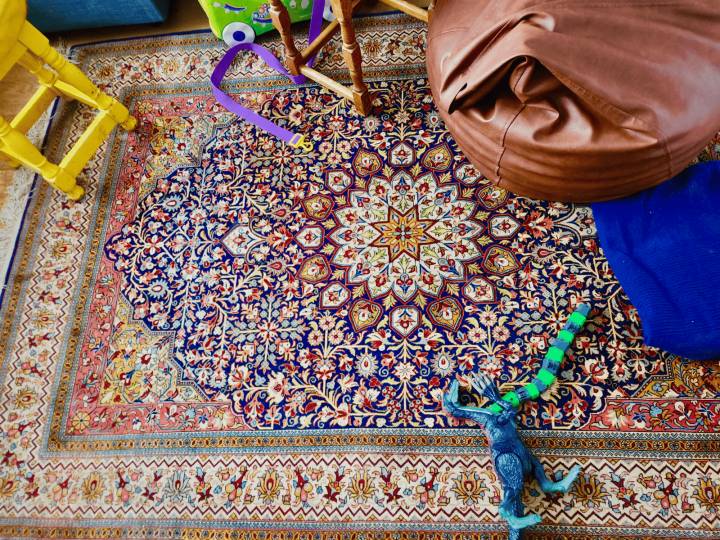
MaHoMe Exhibition in Sweden MAKING HOME curated by Azadeh Fatehrad: April 2024
BAC and the Gotland Art Museum proudly present artist and researcher Azadeh Fatehrad's exhibition Making Home, produced as part of the research project MaHoMe (2020-2024), supported by Nordforsk. Making Home highlights the role of mobile phones as links that connect individuals to their places of origin. It also highlights the relationship between modern technology and deeply personal memories and perceptions of home. More details HERE

MaHoMe Exhibition in UK On the Move: Mobile Phones and the Tapestry of Home curated by Azadeh Fatehrad, March 2024
‘On the Move: Mobile Phones and the Tapestry of Home’ emphasises the role of mobile phones as symbolic links connecting individuals to their origins. A combination of docu-fiction film, photography, written and spoken word draws viewers into the intricate world of migration, memory, and the quest for belonging; underscoring the nuanced relationship between modern technology and deeply personal memories and perceptions of home. more details HERE
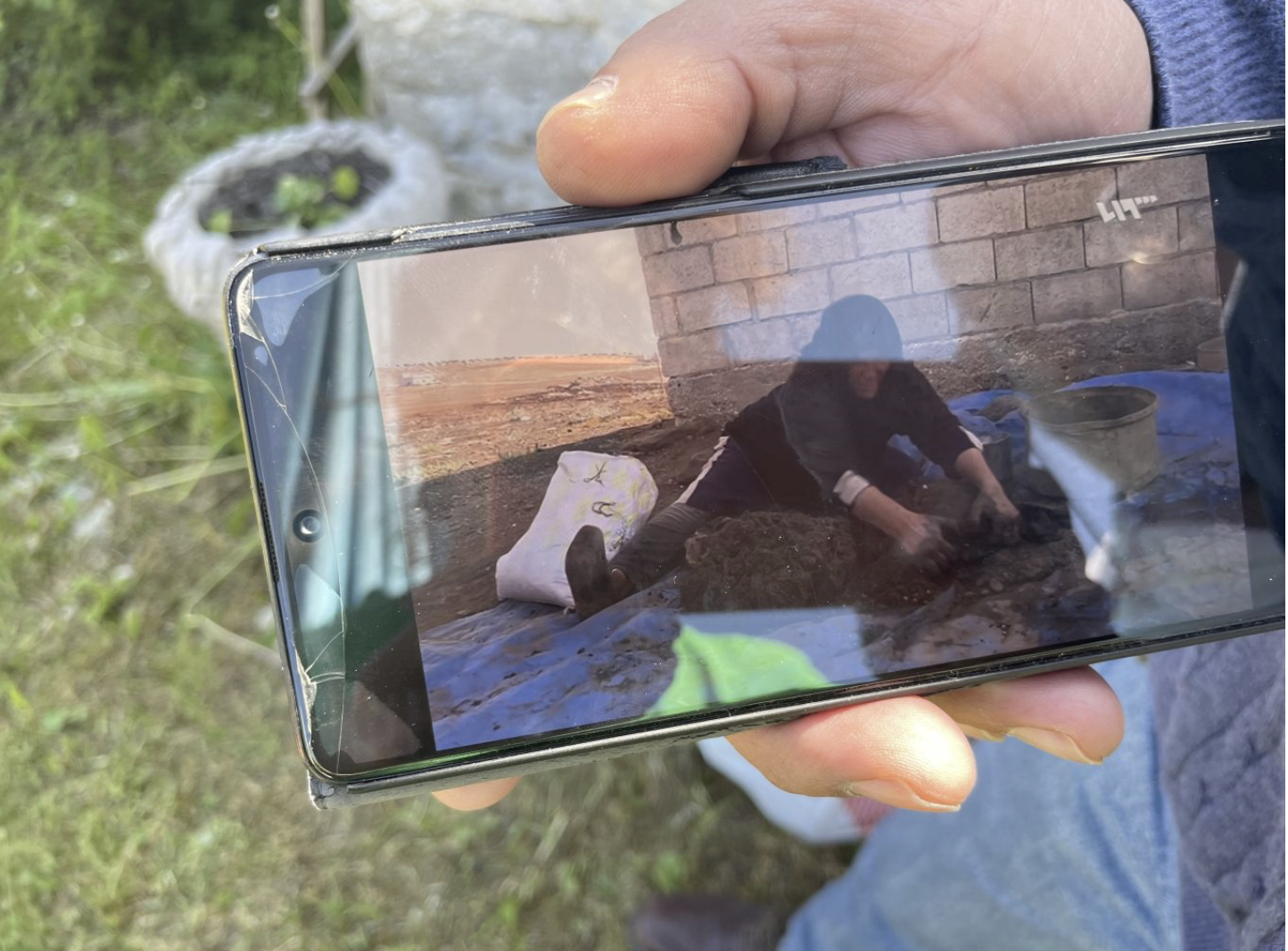
MaHoMe Interactive Website: February 2023
MaHoMe’s Work Package lead Dr Azadeh Fatehrad, in collaboration with her team, have launched the interactive website.
Our crowd sourcing platform is created to share your ideas related to home. Where is home for you?
It would be wonderful to have your submission if you have five minutes to spare. It could be a found image, a memory, an image of an exhibition, your cooking, walking to work, a link to music, or a moment on your cosy sofa. It could be anything. We're interested in discovering whatever home means to you.
Please share (LINK)

Toolkit Two: Aesthetic Workshops Cross Countries
Making It Home - Migrants’ Memories and Imaginations of Home
19-23rd September 2022, BACNGOs and workshop facilitators gathered together for the final reflections on the aesthetic workshops’ series across the three countries of UK, Sweden and Denmark. Hosted by the Baltic Art Center (BAC) Sweden the three–day event on the 19th - 23rd of September was led by Dr Azadeh Fatehrad, MaHoMe’s Work Package Lead, and took place in Visby, Gotland.

Toolkit One- Aesthetic Workshops Cross Countries
Making It Home - Migrants’ Memories and Imaginations of Home
November 2021, BACDr Azadeh Fatehrad MaHoMe’s work package leader for Aesthetic Workshops across UK, Sweden and Denmark has delivered the Toolkit One with our workshop facilitators and NGOs across the 3 countries.

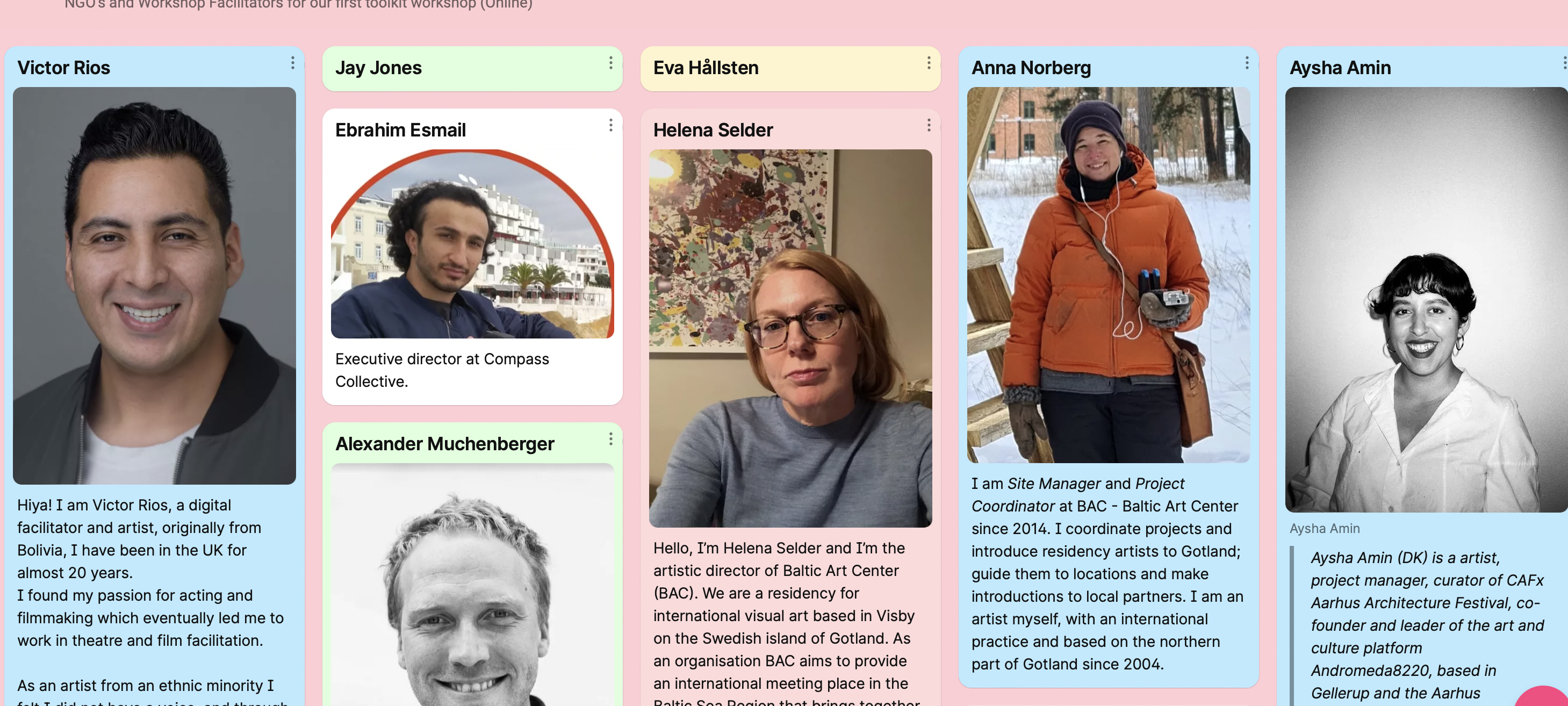
Recent Publications:
Wilkins, A (2023) Gendering home and migration in Handbook of Home and Migration (Edward Elgar), edited by Paolo Boccagni. LINK
Wilkins, A (2023) Maybe in the future I’ll have two homes chapter in the Handbook of Migration and the Family (Edward Elgar), edited by Johanna L. Waters and Brenda S. A.
Yeoh‘: temporalities of migration and family life among Vietnamese people in London. LINK
Narvselius, E., Padovan-Özdemir, M. (2022). Utilitarian and Exclusive Humanism: Conditioned Welcoming through State-Sanctioned Migrant Home-Making. The NordForsk report, requested by the Nordic Council of Ministers: Ukrainian refugees and the Nordics: Research-led best practice on how to cater for Ukrainian refugees arriving in the Nordic Region (April 2022). LINK
Migration book by Arts Cabinet
Fatehrad, Azadeh (2021) Sculpture of Uncertainty in Migration, Arts Cabinet, Page 36-46. London: In the Shade of a Tree, LINK


Padovan-Özdemir, M. “Kunst og pædagogik i et postmigrationssamfund” [Art and Pedagogy in a Postmigration Society]. Dansk pædagogisk Tidsskrift, nr. 2 (2020): 38–59, LINK
Recent Paper presentations:
Narvselius,E, Lloyd, F and Dodds,P (2023). SIEF2023 ‘Living Uncertainty’, 16th Congress of International Society for Ethnology and Folk, Brno, Czech Republic, 7-10 June 2023.
Dodds, P (2023). “The reconstruction of various objects in the home that were destroyed in the attack”16th Congress of International Society for Ethnology and Folk, Brno, Czech Republic, 7-10 June 2023.
Wilkins,A and Boccagni,P (2023) ‘Home and migration: a conversation across geographies of place-making on the move’. RGS-IBG Annual Conference 2023, 29 August-1 September 2023
Narvselius, E. (2022). We Just Moved in, and This Is It”: Housing and Home Space as a Site of (Dis)remembrance of the Vanished East-Central European Populations. Paper, Ukrainian Studies Association of Australia and New Zealand. LINK
Narvselius, E. (2022) Folkhemmet Sedimented? An ethnographic content analysis of Swedish government documents (2010-2020). RE:22 Nordic Ethnology and Folklore Conference, Reykjavik University, 12-16 June 2022. LINK
Padovan-Özdemir, M. and Dodds, P. (2022) ‘Postmigratory autoethnography: a complicit aesthetic exploration of migrant home-making’ at the 21st Nordic Migration Research Conference: RE:MIGRATION - New perspectives on movement, research, and society (Copenhagen University, Copenhagen, Denmark, 17- 19 August 2022).
Padovan-Özdemir, M., Narvselius, E., & Wilkins, A. (2021). Managing Migrant Lives through Home – a narrative documentary ethnography of immigration and integration policy in Denmark, Sweden and the UK. Paper, IMISCOE Annual Conference, Luxemborg.
Padovan-Özdemir, M., Mansour, N., Amin, A., & Alexander Muchenberger, A. (2021). Welfare Aesthetics in the ‘Ghetto’: a scientific-aesthetic montage of sound, visuals and critical perspectives on the homed regulation of racialized migrant bodies. Paper, Aesthetic Relations, Copenhagen, Denmark.
Padovan-Özdemir, M., Lloyd, F., & Narvselius, E. (2021). Let’s Make it Home: What Critical Storytelling and Visual Arts-based Methodologies Offer. Panel, 20th Nordic Migration Research Conference, Helsinki, Finland.
Padovan-Özdemir, M. (2021). Storying Home in Policy Addressing Migrants. Paper, 20th Nordic Migration Research Conference, Helsinki, Finland.
Recent Interviews:
“Interview with Marta Padovan-Özdemir” (24/06/21), by Rosangela Vertullo, Pouiline Teruin, Edvard Nyvoll Bjørklund & Margerita Illieva, Action Aid Denmark, LINK
-----------------------------
Events
MaHoMe Research Forum: ‘Experimental aesthetic methodologies for reimagining migrant homemaking’
Date: December 13th 2022, 9am-5pm
Venue: Hornbergssalen, Kulturen in Lund, Sweden
At this open seminar, the MaHoMe research project showcases its preliminary aesthetic methodological contributions to the study of migrant homemaking and politics of integration. Engaging with a multi-layered “aesthetic effectivity” (Padovan-Özdemir 2016: 126-7) our contributions explore the epistemological, ethical, and imaginary force of aesthetic interventions in social science data by refashioning the familiar to make us re-think what is at stake and direct our attention to the complicit research gaze that implicates us in the process.
We invite participants to discuss and explore the (im)potency of aesthetic interventions in social science as tools for critique, engagement, and reimagining.

Summer Institute: Witnessing War in Ukraine: Oral History and Interview-Based Research, July 16-19, 2022
Eleanora Narvselius together with colleagues from University of Alberta (Canada) and Jagiellonian University (Poland), co-organized an Oral History and Interview-Based Research Summer Institute in Poland.
Find out more about this event here!
Politician’s Week in Almedalen, 4-8 July 2022
The NordForsk article below was selected for presentation at Politicians’ Week at Almedalen in July. This is the biggest political forum in Sweden, held in Visby, and the invitation is a fantastic accolade and recognition of the impact of MaHoMe research. Among the panel attendees were Ylva Johansson, European Commissioner for Home Affairs, Minister for Migration and Asylum Policies Anders Ygeman and Mikael Ribbenvik, Director of Migration Board.
Dr Eleonora Narvselius was also invited to participate in a panel debate as part of Politicians Week. You can find the recording of this event titled ‘Refugee Wave from Ukraine –What Have We Learned from the Refugee Reception in 2015?’ on youtube here.
Nordic Migration Research Conference in Copenhagen, August 17-19 2022: Postmigratory autoethnography – a complicit aesthetic exploration of migrant home-making by Marta Padovan-Özdemir, Roskilde University and Philip Dodds, Lund University
Panel conveners: Maja Povrzanović Frykman, GPS & MIM, Malmö University, Moritz Schramm, Institute for the Study of Culture, University of Southern Denmark.
The postmigration perspective calls for a thorough recalibration of how we study migration and the effects of migration, by which we turn our researcher gaze from the migrant Other to the socio-political and socio-symbolic negotiations unfolding in a society already complicit in the dynamics of migration (Petersen & Schramm 2016). This paper takes the postmigration argument of complicity a step further and acknowledges the migration researcher as an implicated subject in the phenomenon under study (Narvselius 2021). Instead of compensating for the researcher complicity, this paper proposes to utilize researcher complicity as way of fostering a collaborative and participatory postmigratory methodology (Myong 2018; cf. Padovan-Özdemir 2020). Accordingly, the paper conceptualizes the methodological notion of postmigratory autoethnography as a layered account (Ellis, Adams & Bochner 2011:278-9) and displays the authors’ four attempts of doing and writing postmigratory autoethnographies based on two aesthetic workshop series with artist facilitators and migrant participants in Denmark and Sweden, respectively. Ultimately, the paper discusses the implications and experiences of involving oneself as a migrant researcher in an aesthetic exploration of migrant home-making in two welfare state contexts of divergent and heated integration politics – and converses the research contribution of complicity.
11 –13 January 2021
20TH NORDIC MIGRATION RESEARCH CONFERENCE & 17TH ETMU CONFERENCE
On COLONIAL/RACIAL HISTORIES, NATIONAL NARRATIVES AND TRANSNATIONAL MIGRATION
University of Helsinki, Finland
MaHoMe researchers are convening two workshops entitled ‘Let’s Make it Home: What Critical Storytelling and Visual Arts-based Methodologies Offer’.
Full Details HERE
------------------------------
November 2020
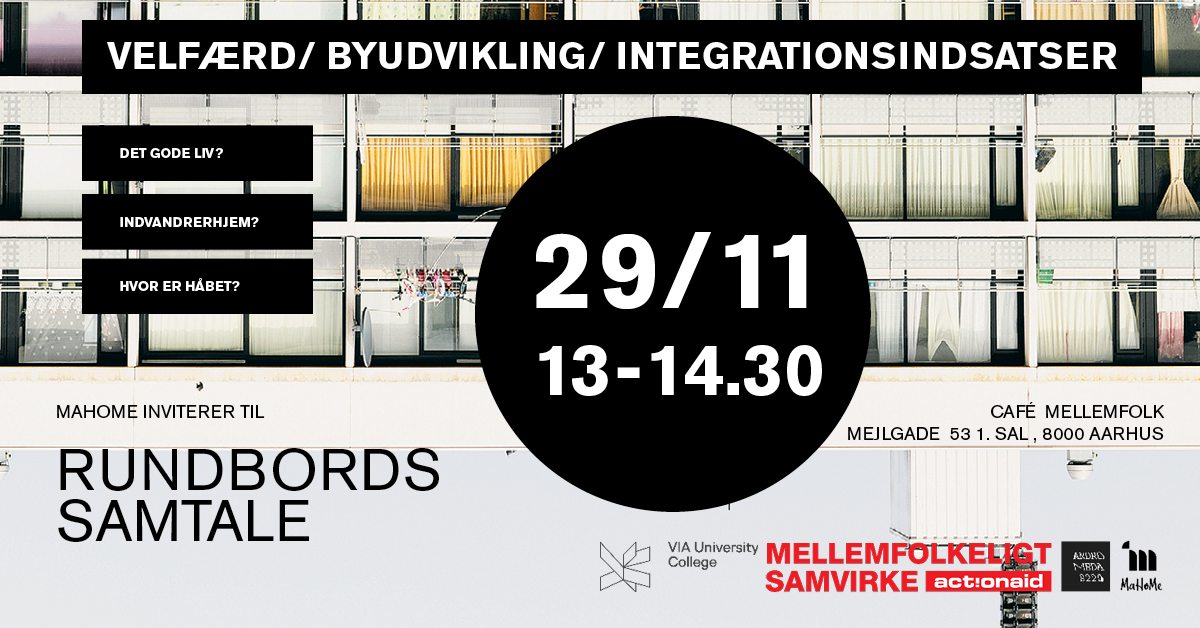
ROUND TABLE CONVERSATION ON WELFARE, URPBAN DEVELOPMENT, AND INTEGRATION EFFORTS
THE GOOD LIFE? # IMMIGRANT HOMES? # WHERE’S THE HOPE?
Hosted by VIA University College, Andromeda & ActionAid Denmark
November 29 2020, 1-2.30 pm, Café Mellemfolk, Århus, Denmark
This roundtable conversation is initiated by the research project, Making it Home: An Aesthetic Methodological Contribution to the Study of migrant Home-Making and Politics of Integration. The project directly addresses migration and integration challenges by examining how migrants make and make sense of home amidst the complex and divergent politics of integration in three host societies: UK, Denmark and Sweden.
Max 30 participants. First-come, first-served sign-up HERE
---------------------------
October 2020
Film presentation 4th October 2020: Migration og byudvikling i velfærdsbyen [Migration and Urban Development in the Welfare City], talk given by Marta Padovan-Özdemir, CAFx Aarhus Architecture Festival.
 @ActionAid_image_Roskilde2016_Equality_0005_01A
@ActionAid_image_Roskilde2016_Equality_0005_01APadovan-Özdemir, Marta. “Kunst og pædagogik i et postmigrationssamfund”. Dansk pædagogisk Tidsskrift, no. 2 (2020): 38–59, LINK
To sign up for our newsletter please click HERE
Collective auto-ethnography – montaging migrant homemaking amidst divergent politics of migration and integration presentation by Marta Padovan-Özdemir (RUC) on May 11, 2023 @InterKult research group, Department of Communication and Arts, Roskilde University.

Exploratory Ethnographic Workshops: Home, Home-making and Belonging in a Migration Context, March - April 2023.Fran Lloyd (KU) and Helena Bonett hosted at theDorich House Museum, London.

Ukrainians in Poland: Making Home in Times of Peace and War collaboration, 6-8 March 2023. Eleonora Narvselius and Igor Pietraszewski are in the process of conducting 10 focus groups and up to 20 follow-up individual interviews among the Ukrainian refugees residing in the city. The study is a direct off-spin of MaHoMe.
The suggested inquiry utilizes the conceptual framework and interview questionnaire developed for MaHoMe.
Diffractive Ethnography of Migrant Homemaking, November 2022 - February 2023. Kristina Grünenberg and Marta Padovan-Özdemir (RUC) have developed and trialed a methodological protocol of diffractive ethnography together with eight self-identified migrants living in Denmark.

MaHoMe Research Forum: Experimental aesthetic methodologies for reimagining migrant homemaking, at Hornbergssalen, Kulturen in Lund, 13 December 2022.
The MaHoMe research project showcased its preliminary aesthetic methodological contributions to the study of migrant homemaking and politics of integration at this open seminar where we were joined by the two invited respondents: Erin Cory, Malmö University, and Karen Waltorp, Copenhagen University.
No Place Like Home – panel discussion, June 6, 2023. Annabelle Wilkins was invited to participate in a panel discussion alongside artists, curators and activists at the Museum of the Home, London. The panel discussion took place as part of the exhibition No Place Like Home, a free contemporary art exhibition co- curated and led by KV Duong and Hoa Dung Clerget.
Calling it Home – StatelessMind Network Meeting, Marta Padovan-Özdemir (RUC) October 26, 2023.
Research Team
Making it Home: An Aesthetic Methodological Contribution to the Study of Migrant Home-Making and Politics of Integration -MaHoMe
Kingston University (UK)
![]()
![]()
Professor Fran Lloyd
I am Professor of Art History and Co-Director of the Visual and Material Culture Research Centre at Kingston University London. I have published widely on contemporary and modern visual culture with a particular specialism in the history, theory and practice of migrant artistsin the UK,and have over 20 years of experience collaborating on international arts and humanities projects across the museums, galleries and voluntarysectors. With expertise in qualitative research methods, including archive driven research, interviews, visual ethnographies and participatory methods, I have led national and transnational funded research projects with multifaceted outputsof exhibitions, public events and workshops, commissioned film, on-line platforms and publications.
Projects includethe ongoing ‘Migrant and Refugee Artists in Britain’, initiated in 2009, that has focused on artists fleeing Nazism in Europe in the early 1940s, and contemporary artists from the Arab world, alongside studies of individual patrons and institutions that gave them support. Other ongoing projects include the ‘The Art of Intervention: Art, Performance and Activism’ with Kyoto Seika University, Japan, and the ‘Eadweard Muybridge’project, both initiated in 2010. From 2008 to 2012, I led the Dora Gordine project focusing on the Latvian-born, Estonian and Paris-trained émigré artist/designer (funded by Arts & Humanities Research Council, Henry Moore Foundation and PaulMellon) andthe ‘Public Monuments & Sculpture (PMSA), National Recording Project, funded by Heritage Lottery Grant, Paul Mellon Foundation and AHRC Research grants(2001-2006). LINK
![]()
Annabelle Wilkins
I am a post-doctoral researcher on the MaHoMe project with particular interests in the intersections between home-making and belonging in contexts of (im)mobility. My background spans the disciplines of human geography, anthropology and sociology, and I have explored the topics of migration and home using ethnography, in-depth interviews, policy analysis and visual methods. Most recently, I was a Research Associate on the AHRC Translating Asylum project at the University of Manchester, where I worked on a project examining how refugees in the UK have been provided with language support, drawing on archival research, policy analyses and the narratives of refugees and interpreters with experience of displacement.
My doctoral research explored relationships between home, work and migration among Vietnamese communities in East London, drawing on the narratives of participants who migrated from Vietnam to London between 1979 and 2014, alongside ethnography and participatory visual methods. This research highlighted multiple forms of home-making in domestic, public and virtual spaces, as well as revealing how migrant home-making is enabled and constrained by precarious work, insecure housing and immigration policies. This research was published as a book entitled Migration, Work and Home-Making in the City: Dwelling and Belonging among Vietnamese Communities in London (Routledge, 2019). I have authored and co-authored peer-reviewed book chapters and articles in journals including Area and Gender, Place and Culture. My research has been featured in publications including The Conversation and Refugee History. I have also disseminated my research in exhibitions at the Museum of the Home in 2017 and in the Refugees: Forced to Flee exhibition at the Imperial War Museum in 2020. I am Associate Editor of the journal Crossings: Journal of Migration and Culture.
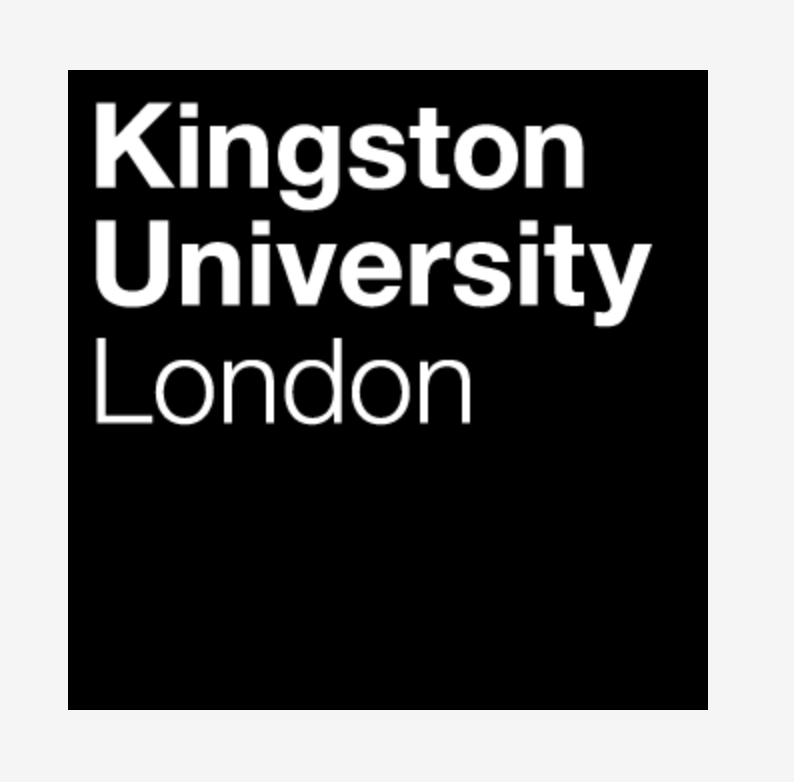
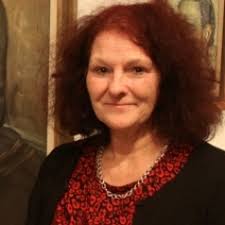
Professor Fran Lloyd
I am Professor of Art History and Co-Director of the Visual and Material Culture Research Centre at Kingston University London. I have published widely on contemporary and modern visual culture with a particular specialism in the history, theory and practice of migrant artistsin the UK,and have over 20 years of experience collaborating on international arts and humanities projects across the museums, galleries and voluntarysectors. With expertise in qualitative research methods, including archive driven research, interviews, visual ethnographies and participatory methods, I have led national and transnational funded research projects with multifaceted outputsof exhibitions, public events and workshops, commissioned film, on-line platforms and publications.
Projects includethe ongoing ‘Migrant and Refugee Artists in Britain’, initiated in 2009, that has focused on artists fleeing Nazism in Europe in the early 1940s, and contemporary artists from the Arab world, alongside studies of individual patrons and institutions that gave them support. Other ongoing projects include the ‘The Art of Intervention: Art, Performance and Activism’ with Kyoto Seika University, Japan, and the ‘Eadweard Muybridge’project, both initiated in 2010. From 2008 to 2012, I led the Dora Gordine project focusing on the Latvian-born, Estonian and Paris-trained émigré artist/designer (funded by Arts & Humanities Research Council, Henry Moore Foundation and PaulMellon) andthe ‘Public Monuments & Sculpture (PMSA), National Recording Project, funded by Heritage Lottery Grant, Paul Mellon Foundation and AHRC Research grants(2001-2006). LINK
Annabelle Wilkins
I am a post-doctoral researcher on the MaHoMe project with particular interests in the intersections between home-making and belonging in contexts of (im)mobility. My background spans the disciplines of human geography, anthropology and sociology, and I have explored the topics of migration and home using ethnography, in-depth interviews, policy analysis and visual methods. Most recently, I was a Research Associate on the AHRC Translating Asylum project at the University of Manchester, where I worked on a project examining how refugees in the UK have been provided with language support, drawing on archival research, policy analyses and the narratives of refugees and interpreters with experience of displacement.
My doctoral research explored relationships between home, work and migration among Vietnamese communities in East London, drawing on the narratives of participants who migrated from Vietnam to London between 1979 and 2014, alongside ethnography and participatory visual methods. This research highlighted multiple forms of home-making in domestic, public and virtual spaces, as well as revealing how migrant home-making is enabled and constrained by precarious work, insecure housing and immigration policies. This research was published as a book entitled Migration, Work and Home-Making in the City: Dwelling and Belonging among Vietnamese Communities in London (Routledge, 2019). I have authored and co-authored peer-reviewed book chapters and articles in journals including Area and Gender, Place and Culture. My research has been featured in publications including The Conversation and Refugee History. I have also disseminated my research in exhibitions at the Museum of the Home in 2017 and in the Refugees: Forced to Flee exhibition at the Imperial War Museum in 2020. I am Associate Editor of the journal Crossings: Journal of Migration and Culture.
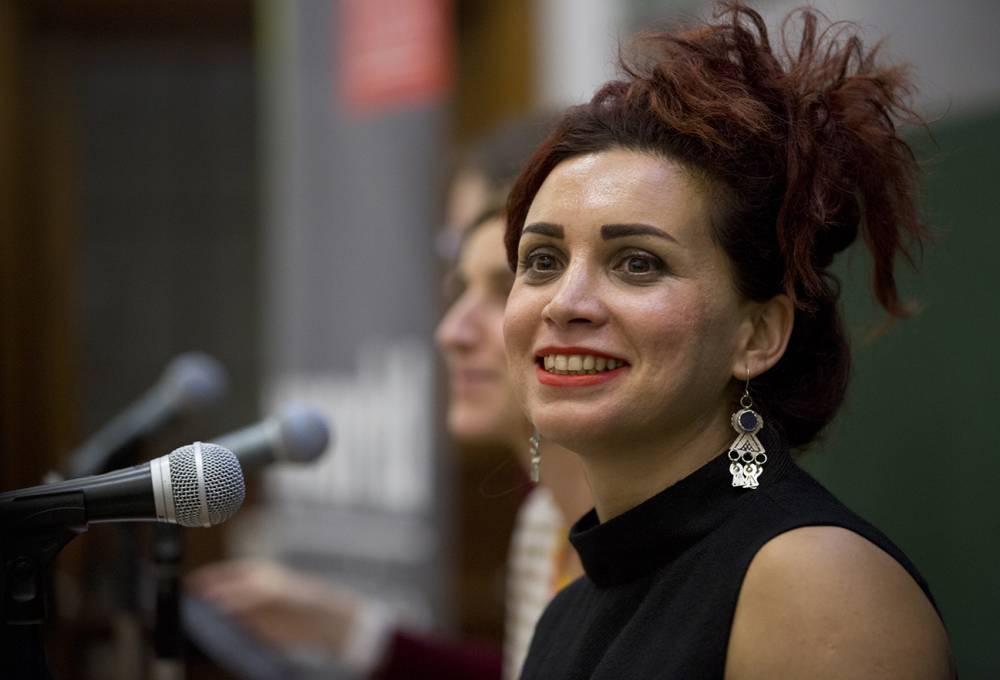 Dr Azadeh Fatehrad
Dr Azadeh Fatehrad My research, artistic and curatorial projects centre on the representation of diaspora and double agency within the medium of still and moving images. Engaging with socio-cultural factors, I reflect on the notion of individual struggle to navigate through complex social relations and the diverse negotiations of agency within artistic practice.
In November 2018, as part of my reserach at KU, I initiated ‘Making it Home: An Aesthetic Methodological Contribution to the Study of Migrant Home-Making and Politics of Integration -MaHoMe’ (2020-2024) applying for a grant to enable me to expand my research through a cross-disciplinary approach. I brought together my network from the Nordic countries including Baltic Art Center (Sweden), Lund university (Sweden) and VIA University College (Denmark) and invited Prof. Fran Lloyd to lead the team in applying for NordForsk funding. I am delighted that, having passed several selection stages, we are now one of the recipients of the funding.
My interdisciplinary research overlaps discourses such as political science, intersectionality, migration studies, visual culture, representation, photography and architecture, as well as cultural studies. My practice ranges from still and moving images, to fictional stories, short films and artist books, which have been exhibited internationally at the Royal Academy of Arts (London), Somerset House (London), Weltkulturen Museum (the Museum of World Cultures) (Frankfurt), Lychee One Gallery (London) and The Barn Gallery (Oxford), among other places.
My recent publications including‘Sohrab Shahid Saless-Exile: Displacement and the Stateless Moving Image’ (2020) by Edinburgh University Press, UK and The Poetics and Politics of the Veil in Iran: An Archival and Photographic Adventure (2019) by Chicago University Press. I am currently on editorial Board for the peer reviewed journal MAI: Feminism & Visual Culture in Gothenburg, Sweden. LINK
Lund University (Sweden)
![]()
![]()
Dr. Eleonora Narvselius (Havrylyuk)
I have participated in four international research projects focusing on urban environment, memory and heritage management. I have also been involved into two COST Actions: CA16213 New Exploratory Phase in Research on East European Cultures of Dissent (NEP4Dissent), and IS1203 In Search of Transcultural Memory in Europe (ISTME).
I am an anthropologist, my research interests include Memory Studies, Heritage Studies, Urban Studies and studies of ethnicity and nationalism. In the course of my research career I have participated in several international research projects focusing on urban environment, memory and heritage management, e.g., Life Forms in the Suburbs of Large Cities in the Baltic Sea Region (funded by the Swedish Research Council, project leader Prof. Karl-Olof Arnstberg, 1999-2001) and Memory of Vanished Population Groups and Societies in Today’s East- and Central European Urban Environments. Memory Treatment and Urban Planning in Lviv, Chernivci, Chisinau and Wrocław (funded by the Swedish research foundation Riksbankens Jubileumsfond, project co-ordinator Dr. Bo Larsson, 2011-2014). Currently I participate in two research projects: Crafting Academic Heritage in Lund, Wroclaw, Lviv And Kaliningrad. Cultural-Historical Diversity of Universities in European Borderland Regions (Lund University, funded by Erik Philip Sörensens Foundation and Crafoord Foundation), and Enhancing Social Cohesion through Sharing the Cultural Heritage of Forced Migrations (University of Barcelona, SO-CLOSE, funded from Horizon 2020). LINK
![]()
Philip Dodds
I am an interdisciplinary researcher based at Lund University’s Department of Arts and Cultural Sciences, where I lecture in sound studies, intermedia studies and musicology. I am also a member of the research nodes for aesthetic studies and popular culture. Alongside my work on MaHoMe, I recently finished a two-year postdoc on the topic ‘Sonic Sense of Place’, and now I am embarking on a three-year project on ‘Musical Colonization’, funded by the Swedish Research Council (Vetenskapsrådet). Previously, I was a lecturer in cultural studies at the Bader International Study Centre (a UK campus of Queen’s University, Canada), and my PhD was in cultural geography from the University of Edinburgh in 2017. My PhD was part of an interdisciplinary and participatory research project called ‘Mapping Edinburgh’s Social History’. While in Edinburgh I also contributed, together with more than a dozen researchers from different disciplines, to ‘At Home in Scotland: Stories of Place’, a public engagement initiative in collaboration with the Scottish Storytelling Centre. My research spans the fields of cultural geography, urban studies and imperial history, and I study how different cultural forms and expressions can produce different kinds of place-based identities and claims to belonging, including in the politically contested förorter (suburbs) of Sweden. I am co-editor of POPULÄR – Nordic Journal of Popular Culture Studies, and author of The Geographies of Enlightenment Edinburgh (Boydell, 2022). I have published articles in such journals as Emotion, Space & Society, Transactions of the Institute of British Geographers and Global Intellectual History. LINK
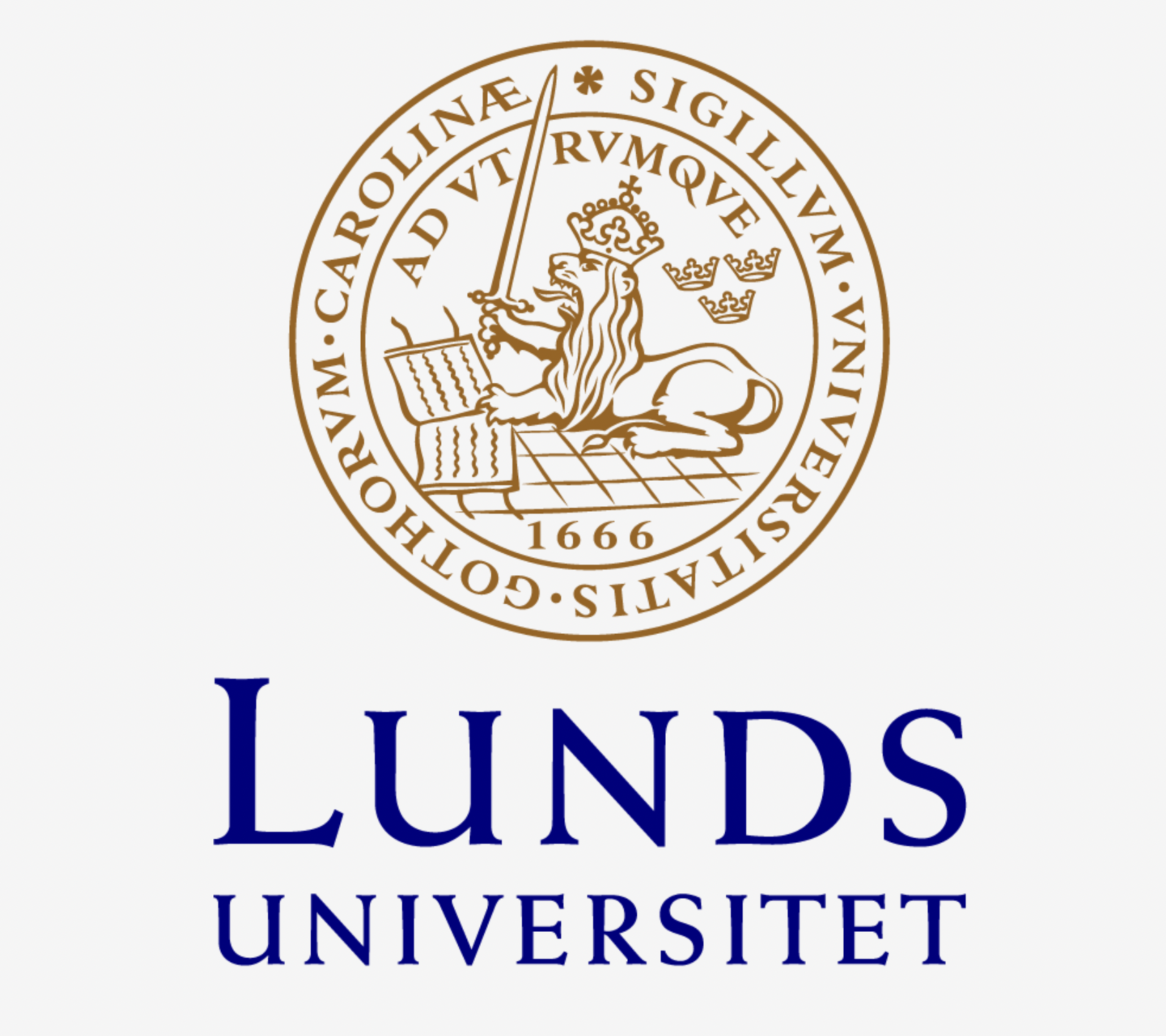
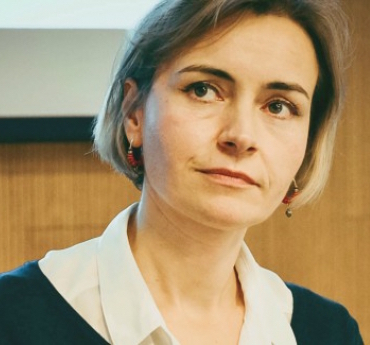
Dr. Eleonora Narvselius (Havrylyuk)
I have participated in four international research projects focusing on urban environment, memory and heritage management. I have also been involved into two COST Actions: CA16213 New Exploratory Phase in Research on East European Cultures of Dissent (NEP4Dissent), and IS1203 In Search of Transcultural Memory in Europe (ISTME).
I am an anthropologist, my research interests include Memory Studies, Heritage Studies, Urban Studies and studies of ethnicity and nationalism. In the course of my research career I have participated in several international research projects focusing on urban environment, memory and heritage management, e.g., Life Forms in the Suburbs of Large Cities in the Baltic Sea Region (funded by the Swedish Research Council, project leader Prof. Karl-Olof Arnstberg, 1999-2001) and Memory of Vanished Population Groups and Societies in Today’s East- and Central European Urban Environments. Memory Treatment and Urban Planning in Lviv, Chernivci, Chisinau and Wrocław (funded by the Swedish research foundation Riksbankens Jubileumsfond, project co-ordinator Dr. Bo Larsson, 2011-2014). Currently I participate in two research projects: Crafting Academic Heritage in Lund, Wroclaw, Lviv And Kaliningrad. Cultural-Historical Diversity of Universities in European Borderland Regions (Lund University, funded by Erik Philip Sörensens Foundation and Crafoord Foundation), and Enhancing Social Cohesion through Sharing the Cultural Heritage of Forced Migrations (University of Barcelona, SO-CLOSE, funded from Horizon 2020). LINK
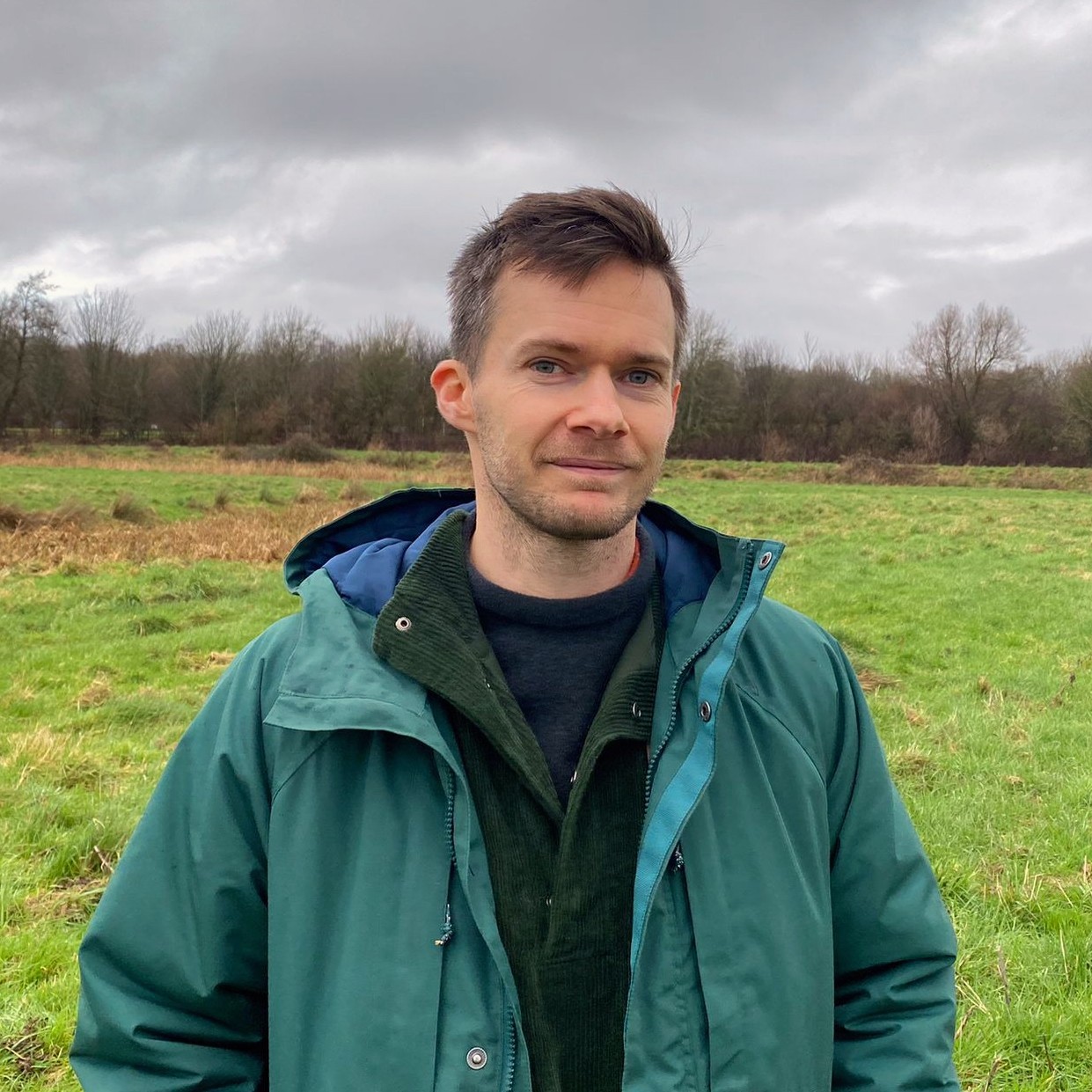
Philip Dodds
I am an interdisciplinary researcher based at Lund University’s Department of Arts and Cultural Sciences, where I lecture in sound studies, intermedia studies and musicology. I am also a member of the research nodes for aesthetic studies and popular culture. Alongside my work on MaHoMe, I recently finished a two-year postdoc on the topic ‘Sonic Sense of Place’, and now I am embarking on a three-year project on ‘Musical Colonization’, funded by the Swedish Research Council (Vetenskapsrådet). Previously, I was a lecturer in cultural studies at the Bader International Study Centre (a UK campus of Queen’s University, Canada), and my PhD was in cultural geography from the University of Edinburgh in 2017. My PhD was part of an interdisciplinary and participatory research project called ‘Mapping Edinburgh’s Social History’. While in Edinburgh I also contributed, together with more than a dozen researchers from different disciplines, to ‘At Home in Scotland: Stories of Place’, a public engagement initiative in collaboration with the Scottish Storytelling Centre. My research spans the fields of cultural geography, urban studies and imperial history, and I study how different cultural forms and expressions can produce different kinds of place-based identities and claims to belonging, including in the politically contested förorter (suburbs) of Sweden. I am co-editor of POPULÄR – Nordic Journal of Popular Culture Studies, and author of The Geographies of Enlightenment Edinburgh (Boydell, 2022). I have published articles in such journals as Emotion, Space & Society, Transactions of the Institute of British Geographers and Global Intellectual History. LINK Roskilde University
Roskilde UniversityMarta Padovan-Özdemir
I am an Associate Professor of social interventions studies and social innovation at the Department of People & Technology, Roskilde University, Denmark. I am affiliated with the research group, Organisation, Ethics and Social Sustainability (OrgESS). My research centres on diversity and discrimination with a focus on racialization in welfare work with migrants. This research focus also entails an interest in subversive practices to counter oppression. Methodologically, I work at the intersections of historical-sociological documentary analysis and ethnographic intervention exploring critical storytelling, montage and dissensus in qualitative research. I am also engaged in developing socially sustainable and just collaborations between researchers and research participants. I have recently ended a three-year project on the development of education tools for the promotion of critical thinking and prevention of radicalization funded by the Danish Ministry of Education. Ongoing projects include two research projects on norm-critical pedagogy and norm-creative innovation funded by the Danish Union of Social Educators. I have authored and co-authored a range of articles and books among which includes: “Making precarious immigrant families and weaving the Danish welfare nation-state fabric 1970-2010 (2016, with Bolette Moldenhawer) in Race Ethnicity and Education. “Migrant parents enacting citizenship” (2020, with Barbara Day) in the edited volume Family Life in Transition. I have co-edited the volume, Statecrafting on the Fringes: Studies of Welfare Work Addressing the Other (2019, with Trine Øland, Christian Ydesen and Bolette Moldehawer). I have recently published the monograph, Racism in Danish welfare work with refugees. Troubled by docility, difference and dignity (2022, with Trine Øland). LINK

Kristina Grünenberg
I am currently working as an Associate Professor at the Department of Anthropology, University of Copenhagen and as a senior researcher affiliated to the researcher group: “Organization, Ethics and Social sustainability” at the Department of People and Technology, Roskilde University.
Since the early nineties, I have done research, as well as other types of work in the field of migration, with a particular focus on the constructions of home and belonging in the context of exile. This work has mainly taken place in Bosnia/Hercegovina, Denmark and Guatemala. Over the years, I have participated in several research projects thematically located at the intersection of migration, migration policies, home and belonging i.e., from a large Nordic project on the politics of temporality and identity in the nineties, to my most recent project on biometric border control and migration (See more). My methodological toolbox is mainly equipped with ethnographic methods, a particular interest in sensory ethnography and a profound interest in engaging In- and understanding other worlds. I furthermore have a vivid interest in art as an alternative form of expression. In 2012, I co-coordinated the art project: “Sababas; The power of Art in Social Change” together with a Danish NGO, Danish and Ghanaian visual artists, filmmakers and musicians. Here Danish and Ghanaian artists joined up and created collaborative art products and alternative narratives about precarious lives in Ghana and Denmark. Being a part time musician, I have also communicated my research-based knowledge on migration through music and as such, I have aboth an academic and personal interest and experiences with the performing arts as an alternative means of communication. LINK
Selected peer reviewed publications: Grünenberg, K, Møhl,P. Fog Olwig, K. and Simonsen, A.(2020) IDentities and identity. Biometric technologies, borders and migration. Grünenberg, K. and Møhl, P. (editors) Introduction to special issue. Ethnos, Journal of Anthropology. Taylor and Francis. Grünenberg, K. (2014)'This bridge is just like the one in Višegrad!' : Dwelling, embodying and doing home across space. I: Jackson; E Jones, H., Rhys-Taylor, A. eds. Emotion and Location: Stories of cosmopolitan belonging, Routledge.
MaHoMe Advisory Board
Prof. Maja Povrzanovic Frykman, Malmö University, Sweden (LINK)
Dr Tamlyn Monson: Tamlyn Monson, Coventry University, UK (LINK)
Dr. Moritz Schramm, University of Southern Denmark, Odense, Denmark (LINK)
Workshop Facilitators:
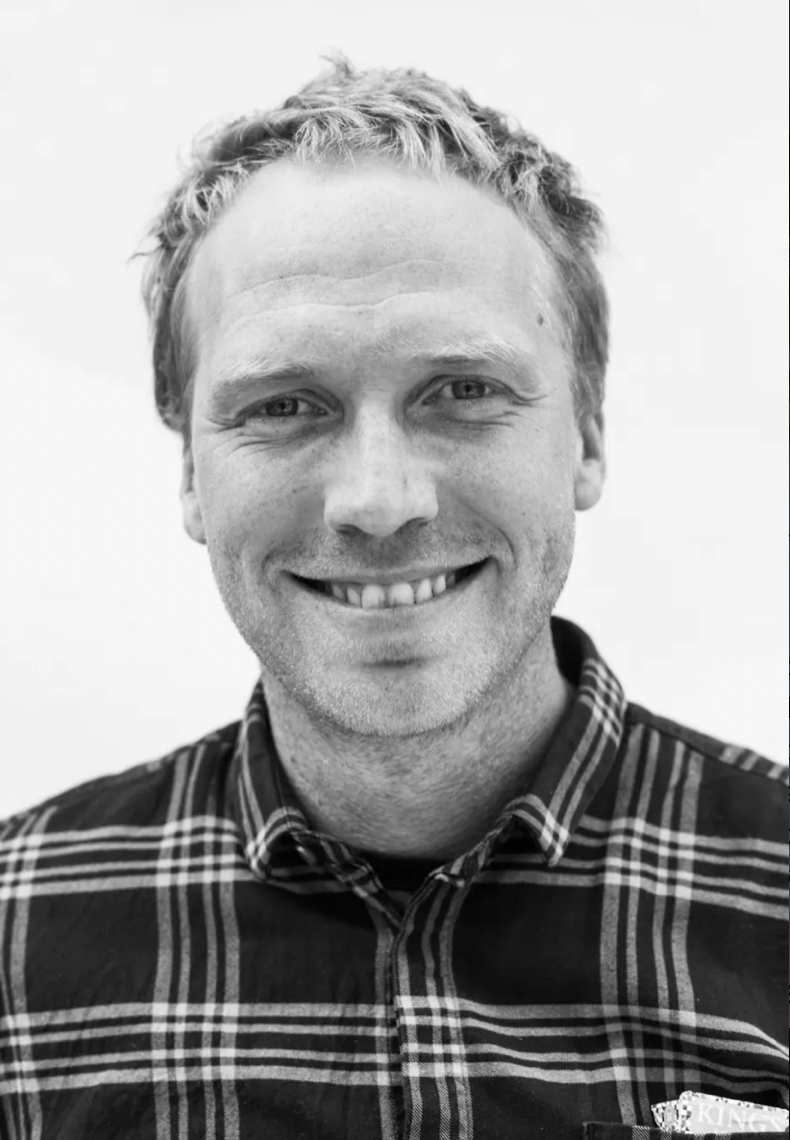
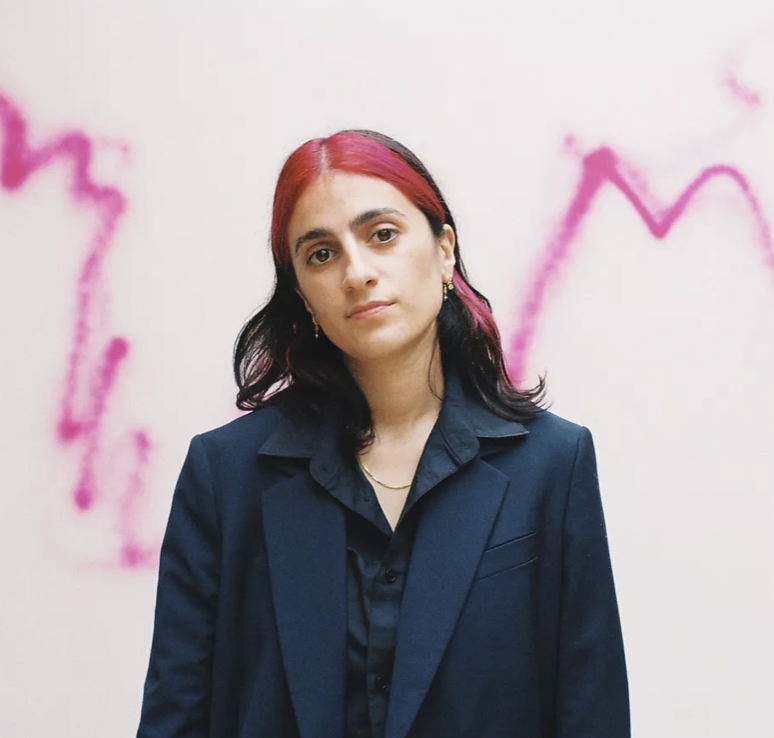

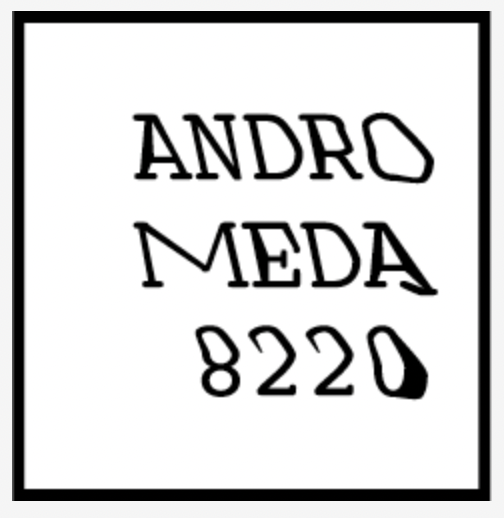
ANDROMEDA 8220 is a an independant art platform based in the neighborhood of Gellerup, Aarhus (DK). A non-profit housing neighbourhoodthat houses 6500 souls who brought the area to life since the 80s, currently undergoing the biggest renovation and demolition plan of its kind through the Masterplan, due to the state-run "Ghetto-List"/"Ghetto-Law".Our work within the cultural, architectural, and art sector is collaborative, futuristic, critical, intersectional and curious, including cross-disciplinary collaborators regionally, nationally and internationally in the conversation.We frame our work through many different methods and media, such as film screenings [Vest for Paradis], dinners [Decolonize your Tastebuds], performance and walks [Demolition Tours], talks and debates, workshops and exhibitions, a DJ school, a seminar onarchitecture and city development for local teenagers [Vi Fællesskaber Vores By].Practicing empathy and care, creating open spaces that offer truer representations, nuances and images that are whole, inspiring young generations to follow. The latter are invited to recognize, reflect and re-imagine themselves in a plethora of voices, faces and forms. Andromeda 8220 thus uses the arts, education and culture to reclaim the reality of Gellerup and Aarhus, connecting the communities, experiences and conversations within the ghetto-list galaxy.
Andromeda 8220 was exhibited and highlighted during the Venice Biennale 2018, Dimensions of Citizenship at the American Pavilion.and was also partaking in the exhibition at the 11th Berlin Biennale.Our platform houses other similar initiatives such as the local driven food cooperative and platform [Smag] à la Gellerup, and the national run CAFx: Aarhus Architecture Festival
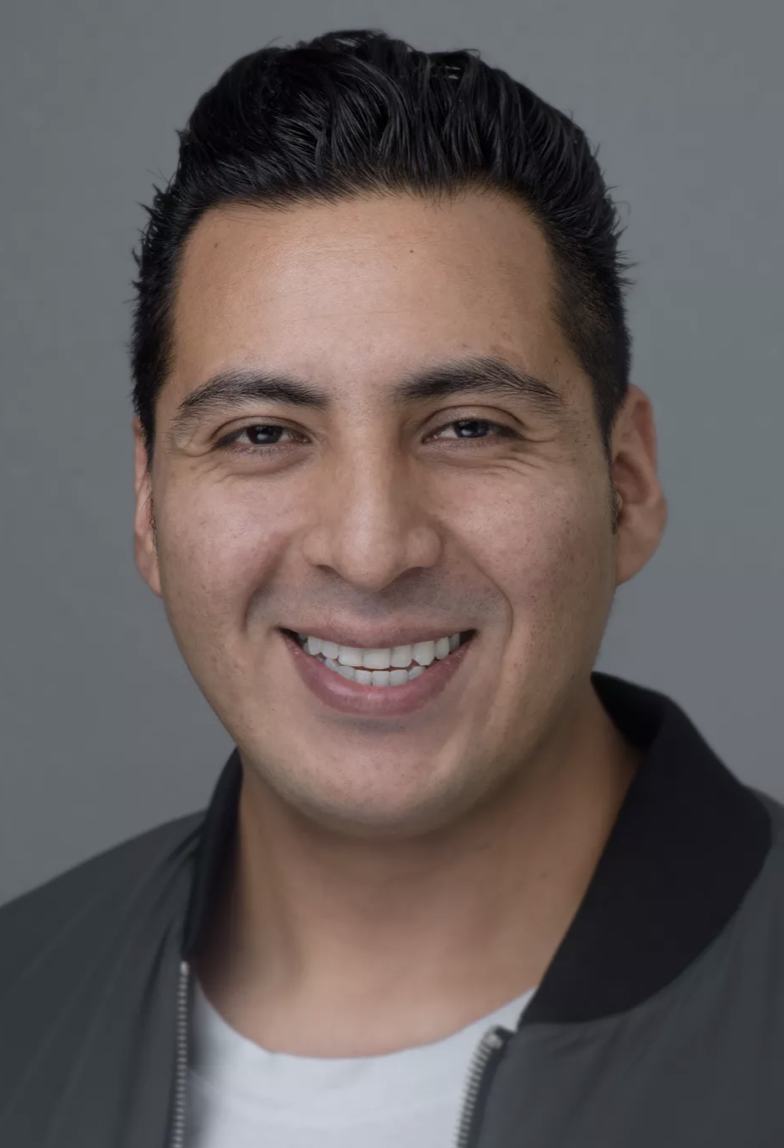
I am Victor Rios, a digital facilitator and artist, originally from Bolivia, I have been in the UK for almost 20 years.I found my passion for acting and filmmaking which eventually led me to work in theatre and film facilitation.
As an artist from an ethnic minority I felt I did not have a voice, and through working with participatory arts projects such as with students in schools of minority backgrounds, migrants and refugees, young and adult people with disabilities, the elderly and more. I was able to bring those unheard stories to life and expose them in the form of video such as films, documentaries, theatrical and more.
Currently working on a platform called Filmlocos which is focusing in bringing representation of the Latin American community in the UK. LINK
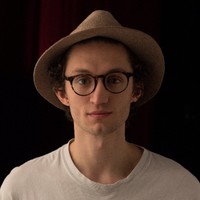
Jay Jones

Eva Hållsten
NGO Partners
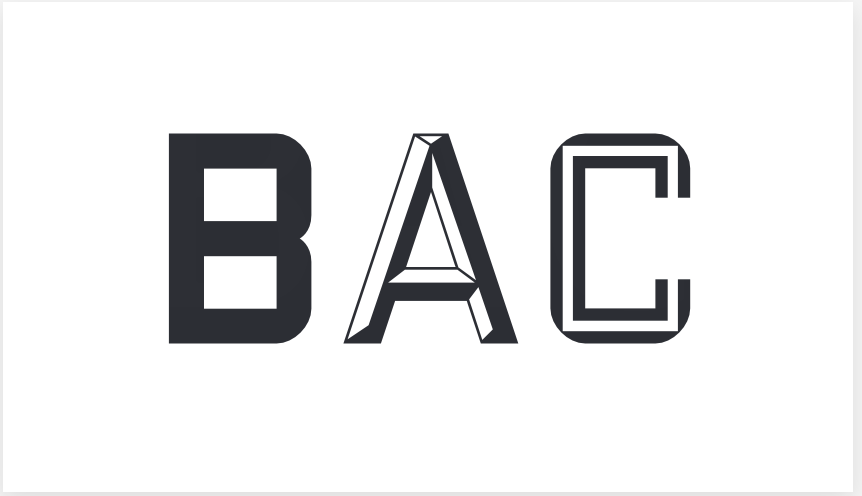
Baltic Art Center Visby
BAC -Baltic Art Center is a residency for contemporary art on the island of Gotland in the Baltic Sea. We constitute an international meeting place in the Baltic Sea Region that brings together artists and organisations regionally and internationally. As a place for research and work for artists and other practitioners engaged within the field of art, BAC develops, produces and presents artistic projects together with partners who share our engagement in today’s society.
BAC is a flexible organisation that follows the artistic process and that adjusts its modus operandi to suit specific productions. By bringing together different methods, artistic practices and knowledge, BAC contributes to the vitality of the art scene and highlights Gotland as an arena for contemporary art. LINK
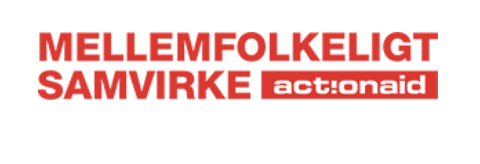
ActionAid Denmark (Mellemfolkeligt Samvirke)ActionAid Denmark (Mellemfolkeligt Samvirke) is a Danish NGO and civil society organisation with 25,000 members. It was founded in 1945 in an effort to help German war refugees in Denmark and grounded in a belief that the development of cross-cultural and cross-nationalrelations would prevent another world war. Since then MS has been doing civil society work figthing for equal rights and a life in dignity. In the local Aarhus chapter, the NGO works with grassroots and activists running a bar and event space Cafe Mellemfolkas well as having a shared office space with other green activists organisations. The profits from these places go to projects determined by the activists themselves.
In addition to these socioeconomic enterprises we have a wide network of political workinggroups on subjects such as Climate Justice, antidiscrimination, LGBTQ+, Feminism, Economic Inequality etc. In 2019,we hosted just short of 200 different events in Aarhus, we organised and helpedorganise various demonstrations and festivals for a more just and sustainable society and world! LINK
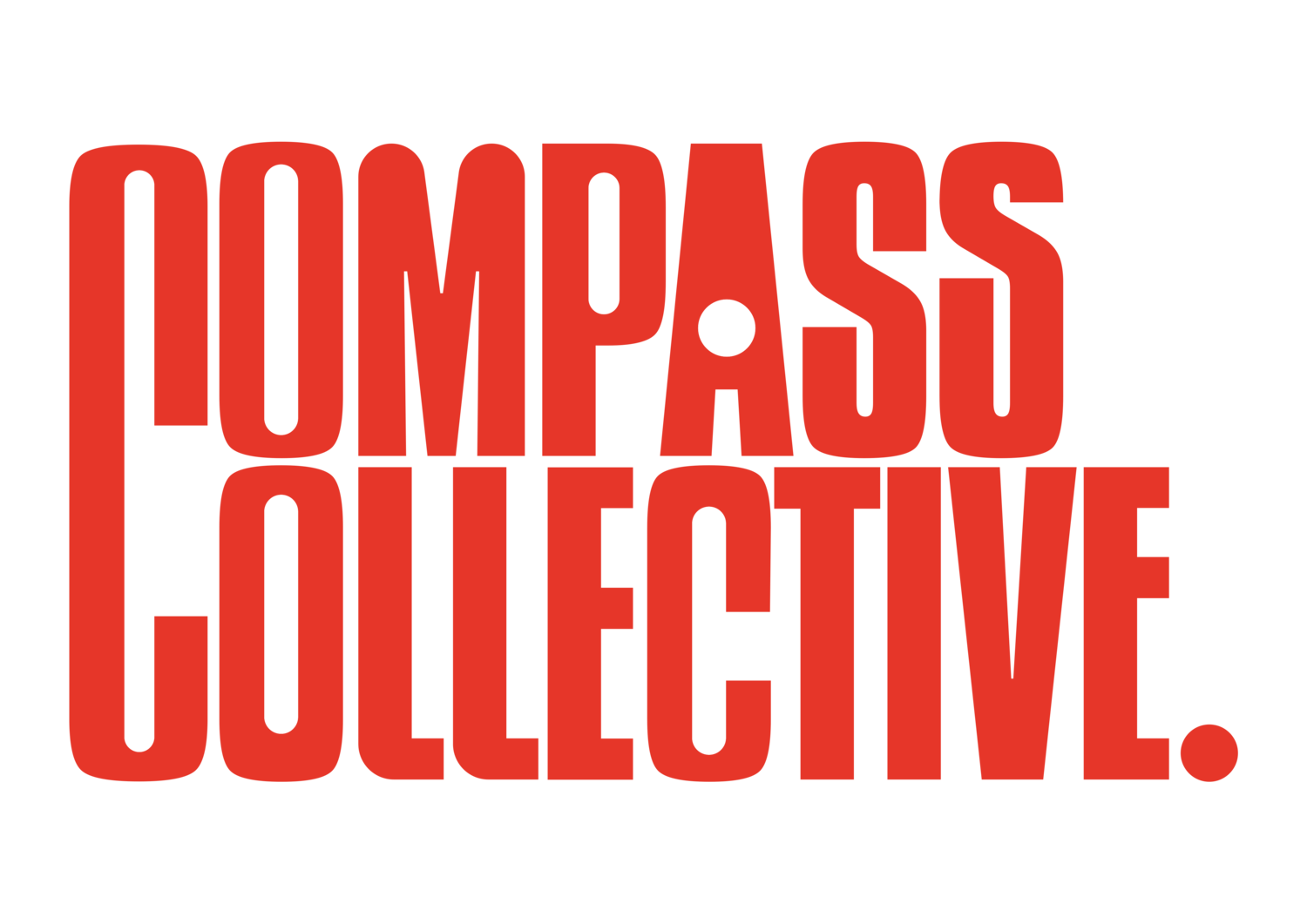
Compass Collective (UK) assists unaccompanied minor refugees and young people seeking asylum to build resilience and integrate into the UK through theatre, music and film projects and arts-led professional development programmes.
The aim of our work is to strengthen communities, build resilience and help people seeking sanctuary integrate into the UK.
We connect organisations and work in partnerships, collaborating with charities like the British Red Cross and arts organisations such as Shakespeare’s Globe to offer a platform for cultural sharing and celebration.
The benefits experienced by our young people extend far beyond the lifetime of our projects, and will have a lasting impact on their futures . Research has found that projects in the area of art and culture can help increase confidence to articulate experiences and express our feelings. It also provides a greater sense of dignity and humanity . We aim to alter perceptions and invite audiences to engage positively with our young people in a way that has not been seen or done before. LINK

